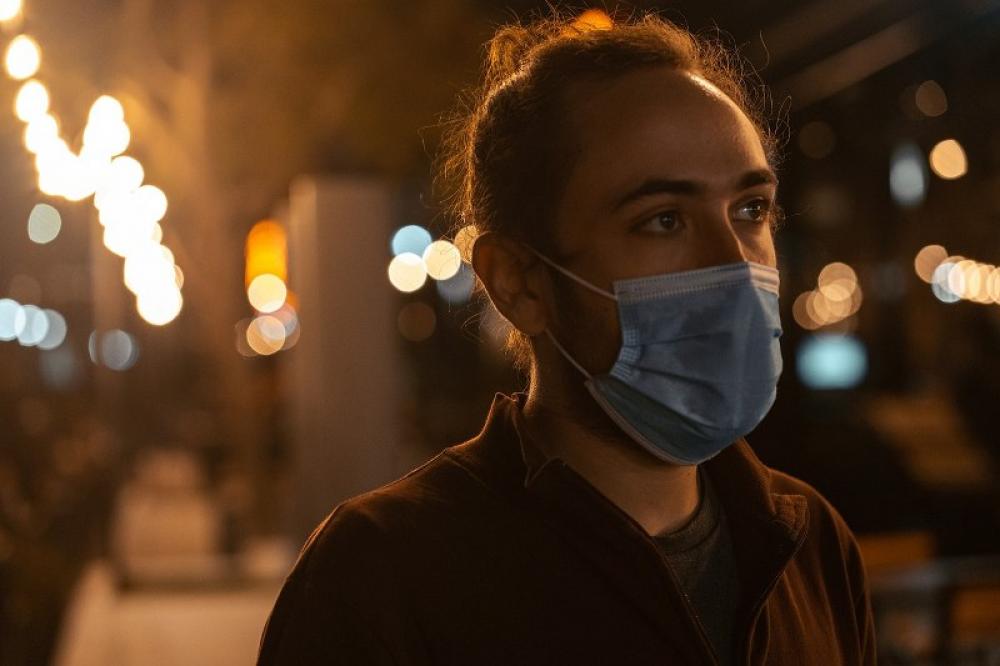Just Earth News | @justearthnews | 18 Jun 2023

Image: Pixabay
A new study published in The Lancet Infectious Diseases this week has found that metformin, a drug commonly used to treat diabetes, reduces the risk of long COVID.
“We do not currently have evidence from rigorous trials for treatments that can prevent long COVID,” said study co-author Jacinda Nicklas, MD, MPH, associate professor at the University of Colorado School of Medicine. “It is promising to see that just 14 days of treatment with metformin during acute COVID infection appeared to decrease self-reported long COVID diagnoses in our study population.”
Nicklas led the University of Colorado site for the nationwide study.
The study, called COVID-OUT, investigated if early outpatient COVID-19 treatment with metformin, ivermectin or fluvoxamine could prevent long COVID. Long COVID is a chronic illness that can affect up to 10% of people who have had COVID-19.
“The results of this study are important because long COVID can have a significant impact on people's lives,” said Carolyn Bramante, MD, principal investigator and an assistant professor at the University of Minnesota Medical School. “Metformin is an inexpensive, safe and widely available drug, and its use as a preventive measure could have significant public health implications.”
This was a large, placebo-controlled randomized clinical trial which enrolled volunteers across the United States. The study found:
Those who received metformin were more than 40% less likely to develop long COVID than those who received an identical looking placebo.
For participants who started metformin less than four days after their COVID symptoms started, metformin decreased the risk of long COVID by 63%.
The effect was consistent across different demographic populations of volunteers who participated and across multiple viral variants, including the Omicron variant.
Ivermectin and fluvoxamine did not prevent long COVID.
The study included more than 1,200 participants who were randomly chosen to receive either metformin or placebo, and an additional subset received ivermectin, fluvoxamine or their placebos. Participants were between 30 and 85 years old who qualified as overweight or obese. Over 1,100 of the participants reported on their symptoms for up to 10 months after their initial COVID-19 diagnosis.
“We still have a lot to learn about the development of long COVID and how best to treat it,” said Nicklas. “As an internist who sees patients struggling with long COVID symptoms, I am excited that we identified a potential treatment to decrease the incidence of these often debilitating symptoms.”
Bramante said the study shows `high quality evidence’ that metformin prevents harm from the SARS-CoV-2 virus. Half of the trial participants had been vaccinated, none had previously been infected with COVID-19.
“Further research could show whether it is also effective in those with previous infection or in adults with lower body mass index,” she said.
Metformin’s ability to stop the virus was predicted by a simulator developed by U of M Medical School and College of Science and Engineering Biomedical Engineering faculty. The model has been highly accurate to date, successfully predicting, among others, the failure of hydroxychloroquine and the success of remdesivir before the results of clinical trials testing these therapies were announced.